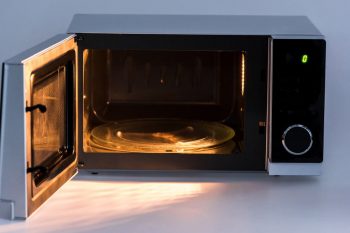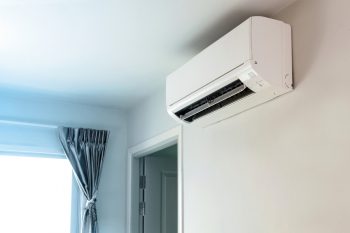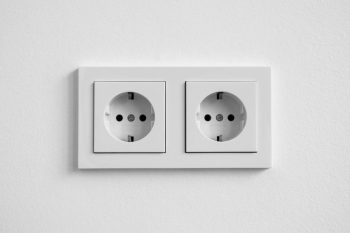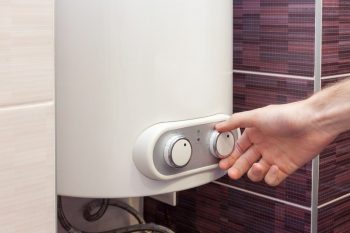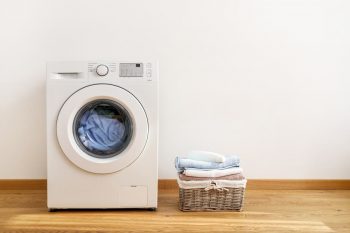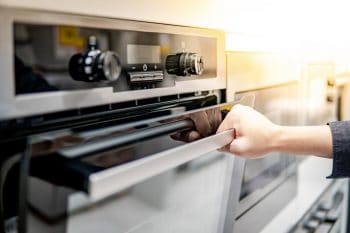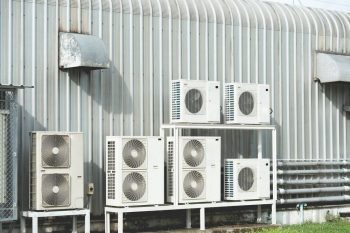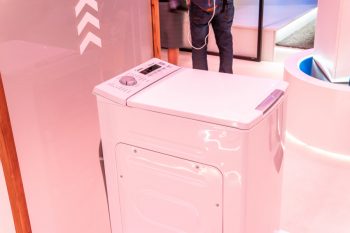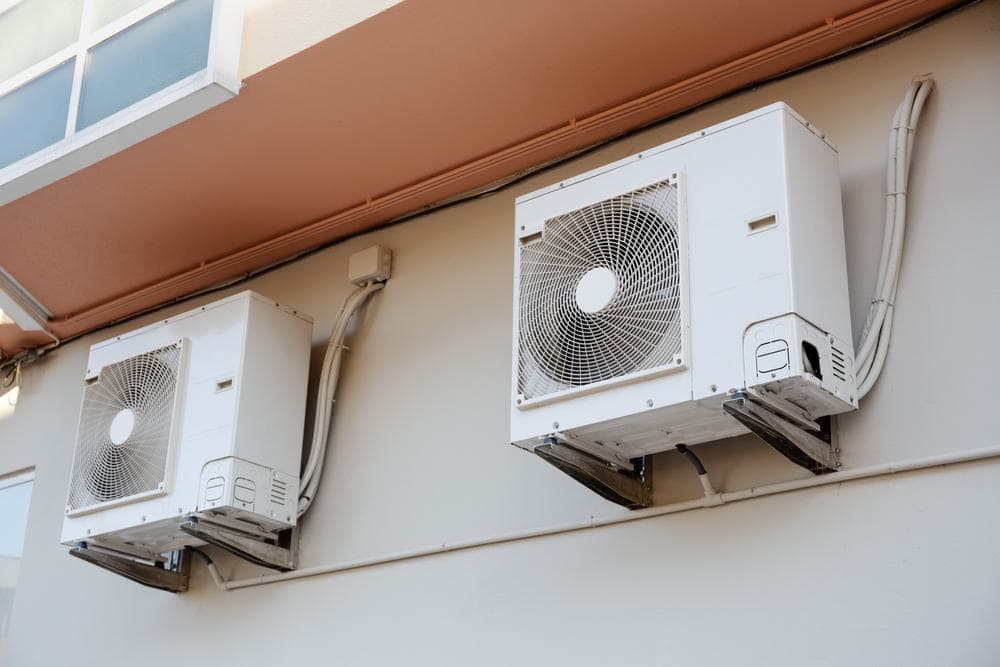
Whether you’re dealing with a small drip or a steady stream, a leaking AC unit can be a major inconvenience. Not only can it cause water damage to your home, but it can also lead to high energy bills, inefficient cooling, and even health risks. In this comprehensive guide, we’ll provide you with detailed information on how to stop an AC unit from leaking, including identifying the cause, temporary fixes, preventative maintenance, and when to call a professional.
To stop an AC unit from leaking, first identify the cause of the leak, which could include a clogged drain line, dirty air filter, or low refrigerant levels. Then, apply a temporary fix such as cleaning or replacing the air filter, unclogging the drain line, or checking the drain pan. It’s important to also maintain your AC unit regularly to prevent leaks, which includes checking for condensate backup, replacing air filters regularly, and scheduling yearly HVAC maintenance. If the problem persists, it’s best to call a professional.
Identifying the Cause of a Leak
The first step in addressing a leak is to identify the cause. Common causes of AC leaks include:
- Clogged drain line: This is the most frequent cause of leaks in AC units. Dirt, dust, and fungus can block the water flow, leading to leaks.
- Damaged overflow pan: Cracks, dents, or gaps in the overflow pan can cause water to leak.
- Dirty air filter: A filthy air filter can impede air passage, leading to water leakage.
- Incorrect installation: Poor installation can cause uneven AC placement or disconnected drain lines, leading to leaks.
- Dirty coils: Dust and grime buildup on the AC coils can cause water leaks.
- Damaged insulation: Cracks or holes in the insulation can cause condensation to drip instead of flowing, leading to leaks.
- Low refrigerant levels: Low refrigerant can cause the evaporator coil to freeze and then melt, causing water to leak.
- Failed condensate pump: A broken condensate pump can lead to water not being pumped outside of the home, causing leaks.
Quick Fixes for Leaking AC Units
If you notice a leak, there are a few quick fixes you can try to stop it temporarily:
- Clean or replace the air filter: Replace the air filter every 60 to 90 days to prevent reduced airflow and ice formation on the evaporator coils.
- Unclog the condensate drain line: Use a wet/dry vacuum cleaner or a small bottle brush to remove any dirt and debris.
- Check the drain pan: Inspect the drain pan for any cracks or damage. If you find any issues, you may need to replace the pan.
- Inspect the drain line connection: Ensure that the drain line is properly connected to the drain pan. If it’s disconnected, you may need to call an HVAC technician to fix the issue.
- Check the refrigerant levels: Low refrigerant levels can cause the AC unit to stop cooling your home and lead to water leaks. If you suspect this is the cause, you’ll need the help of an HVAC professional to restore the refrigerant levels.
Remember, these fixes are temporary. It’s essential to address the root cause of the leak to prevent further damage to your AC unit and home.
Preventative Maintenance for Your AC Unit
Regular maintenance is key to preventing leaks and keeping your AC unit running smoothly. Here are some tips to keep your AC unit in top shape:
- Check for condensate backup: Ensure that the condensation drain line is free from clogs and cracks.
- Clean or replace air filters regularly: A clean filter ensures efficient airflow, preventing ice buildup on the coils.
- Schedule yearly HVAC maintenance: Regular checks and repairs by professionals can prevent leaks and catch small issues before they escalate.
- Keep the outdoor unit clean: Regular cleaning prevents dust and other particles from obstructing airflow.
- Inspect the seal between the air conditioner and the window frame: A good seal prevents cool air from escaping.
- Service the evaporator coil: Replace clogged or dirty evaporator coils to improve performance and prevent leaks.
- Monitor refrigerant levels: Low refrigerant levels can cause the evaporator coil to freeze and lead to leaks.
- Ensure proper AC installation: Poor installation can result in disconnected drain lines, damaged drain pans, and other issues that cause leaks.
- Inspect and maintain the condensate pump: A broken condensate pump can lead to water leaks.
When to Call a Professional
If you’ve tried to fix the leak yourself and it’s still persisting, or if you’re uncomfortable doing the work yourself, it’s time to call a professional. An HVAC technician can diagnose and fix the issue, saving you time and preventing further damage to your unit.
In conclusion, a leaking AC unit can be a nuisance, but with regular maintenance and quick action, you can prevent leaks and keep your AC unit in top shape. Remember, when in doubt, don’t hesitate to call a professional. They have the expertise to handle complex issues and can help prolong the life of your AC unit.
Frequently Asked Questions
How often should I clean my AC unit’s drain line?
It’s recommended to clean your AC unit’s drain line at least once a year. However, if you live in a high-humidity area or use your AC frequently, you may need to clean it more often.
What are the signs of a clogged drain line?
Signs of a clogged drain line include water leakage around your AC unit, a musty or moldy smell, and decreased cooling efficiency.
How can I tell if my AC unit’s refrigerant levels are low?
If your AC unit’s refrigerant levels are low, you may notice that your home is not cooling as efficiently, there may be ice on the evaporator coil, or you may hear a hissing or bubbling noise from the unit.
How often should I replace the air filters in my AC unit?
It’s generally recommended to replace your AC unit’s air filters every 60-90 days. However, if you have pets, or if someone in your home has allergies, you may need to replace them more frequently.
Can a dirty air filter cause my AC to leak?
Yes, a dirty air filter can block airflow, causing the evaporator coil to freeze. When the coil melts, it can cause water leakage.
Can I use any pan as a replacement for a damaged overflow pan?
It’s recommended to use a pan specifically designed for your AC unit. Using an incorrect pan can lead to improper drainage and potential leaks.

